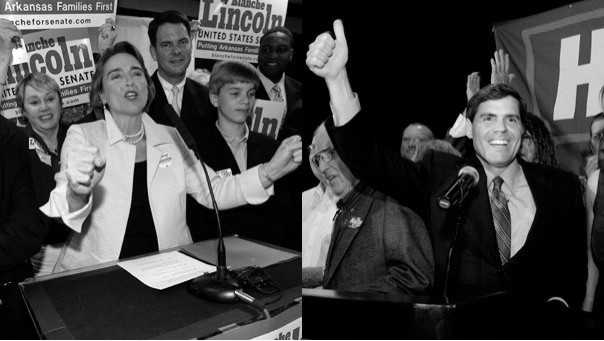'Big Labor Picked the Wrong Guy to Bully'
ROTC Instructor Wins Small Victory Over Teacher Union Bosses (Source: July 2010 NRTWC Newsletter) According to the most recent available federal data, there are roughly 73,000 public elementary and secondary schoolteachers in Massachusetts. Reportedly, more than 99% of these educators must allow the agents of a single teacher union to negotiate with their employer over matters of pay, benefits and working conditions if they wish to continue working at a public school. And the vast majority of Bay State teachers under union monopoly bargaining are also compelled to fork over dues or fees to their "exclusive" union bargaining agent, or be fired. However, as they recently demonstrated, top bosses of the Massachusetts Teachers Association (MTA/NEA) union and its affiliates aren't content with extracting forced union dues and fees from the vast majority of teachers in the state. The fact that even one teacher is working in a public school without paying tribute is enough to set them off. For 14 years, retired U.S. Marine Maj. Stephen Godin has vexed the bosses of the MTA-affiliated Education Association of Worcester (EAW) union by serving as a junior ROTC instructor at North High School without paying them for the privilege.




